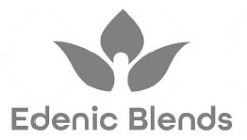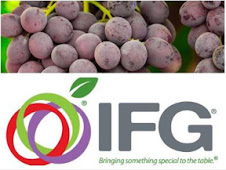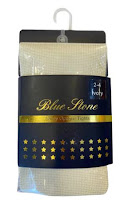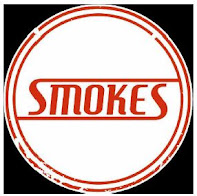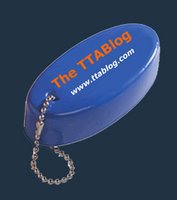TTAB Posts December 2022 Hearing Schedule
The Trademark Trial and Appeal Board (Tee-Tee-Ā-Bee) has scheduled five (5) oral hearings for the month of December 2022. Only the fifth one will be in person, the first four being held via video conference. Briefs and other papers for each case may be found at TTABVUE via the links provided.
December 1, 2022 - 1 PM: Eden Foods, Inc. v. The Ethnic Group LLC dba Edenic Blends, Opposition No. 91267822 [Section 2(d) opposition to EDENIC BLENDS & Design for "Vitamin and mineral supplements; none of the foregoing containing CBD" in view of the registered mark EDEN and an alleged family of EDEN-formative marks, for natural and organic food and beverage products, including dietary food supplements.]
December 6, 2022 - 10 AM: In re Disciplina Excellentiae, LLC, Serial Nos. 90426395 and 90426435 [Section 2(d) refusals to register HIPE FIT and HIPE FITNESS
for health club services [FIT and FITNESS disclaimed] in view of the registered marks HIP in standard character form for "Arranging and conducting youth sports programs in the field of football; Educational services, namely, providing classes, seminars, and workshops in the fields of sports; Entertainment in the nature of football games," and HIP in standard character and stylized from for "Education services, namely, training high school students to provide health education and health information resources to their peers, and providing curricula and course materials in connection therewith."]
December 7, 2022 - 11 AM: In re International Fruit Genetics, LLC, Serial No. 88710987 [Refusal to register COTTON CANDY for various food products on the ground of mere descriptiveness and, as to some of the identified goods, likelihood of confusion with the identical mark registered for bubble gum and ice cream.]
December 8, 2022 - 10 AM: In re Panini America, Inc., Serial No. 90004362 [Section 2(d) refusal of KABOOM! for "Collectible trading cards; Sports trading cards," in view of the registered marks KABOOM COMICS & COLLECTIBLES & Design for "Retail store services featuring comic books," and KABOOM! for "Comic books; magazines featuring printed stories in illustrated form and comic book stories and artwork, namely, comic magazines; printed periodicals in the nature of magazines in the field of comic book stories and artwork; series of comic book style novels; series of non-fiction books in the field of comic books."]
December 13, 2022 - 10 AM (In Person): Hyde Park Storage Suites Daytona, LLC v. Man Cave, LLC, Cancellations Nos. 92076317 and 92076375 [Petitions for cancellation of registrations for the marks MAN CAVE and MAN CAVE GARAGES for "Providing self-storage facilities for others; Provision of car parking facilities" and for "Social club services, namely, arranging, organizing, and hosting social events, get-togethers, and parties for club member" [GARAGES disclaimed], on the grounds of mere descriptiveness and likelihood of confusion with petitioner's common law mark ULTIMATE MAN CAVE for the same or highly related services.]
Read comments and post your comment
here.TTABlog comment: Any predictions? See any WYHAs or WYHPs?
Text Copyright John L. Welch 2022.

